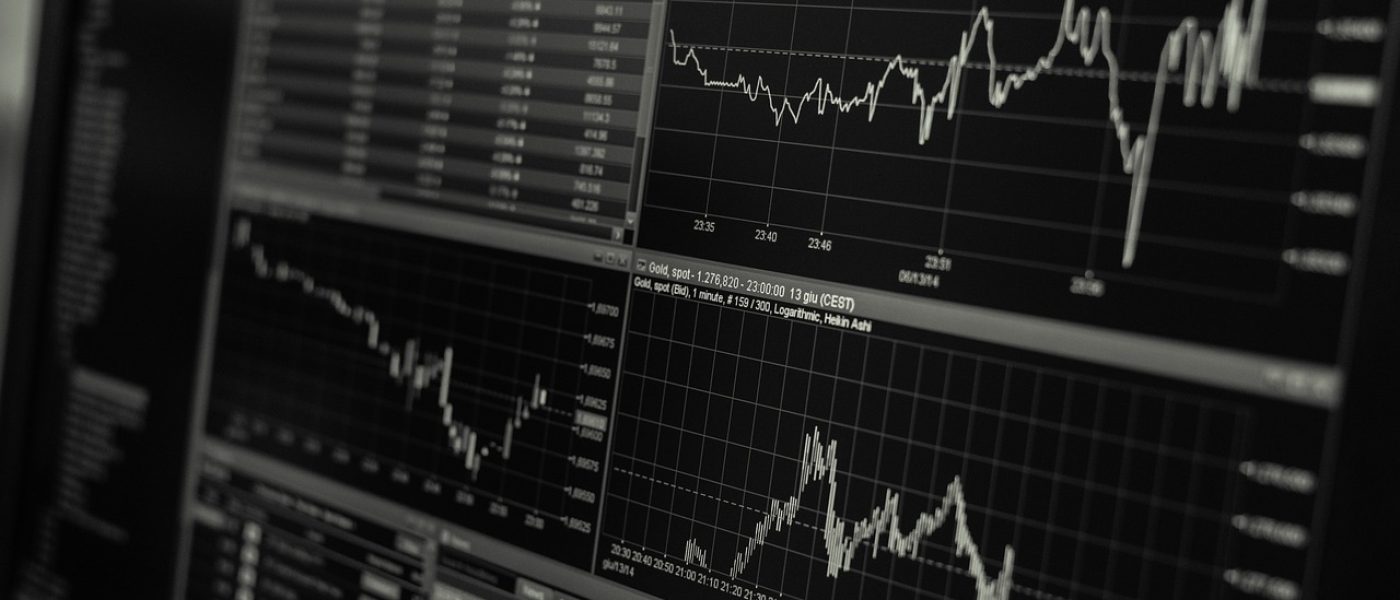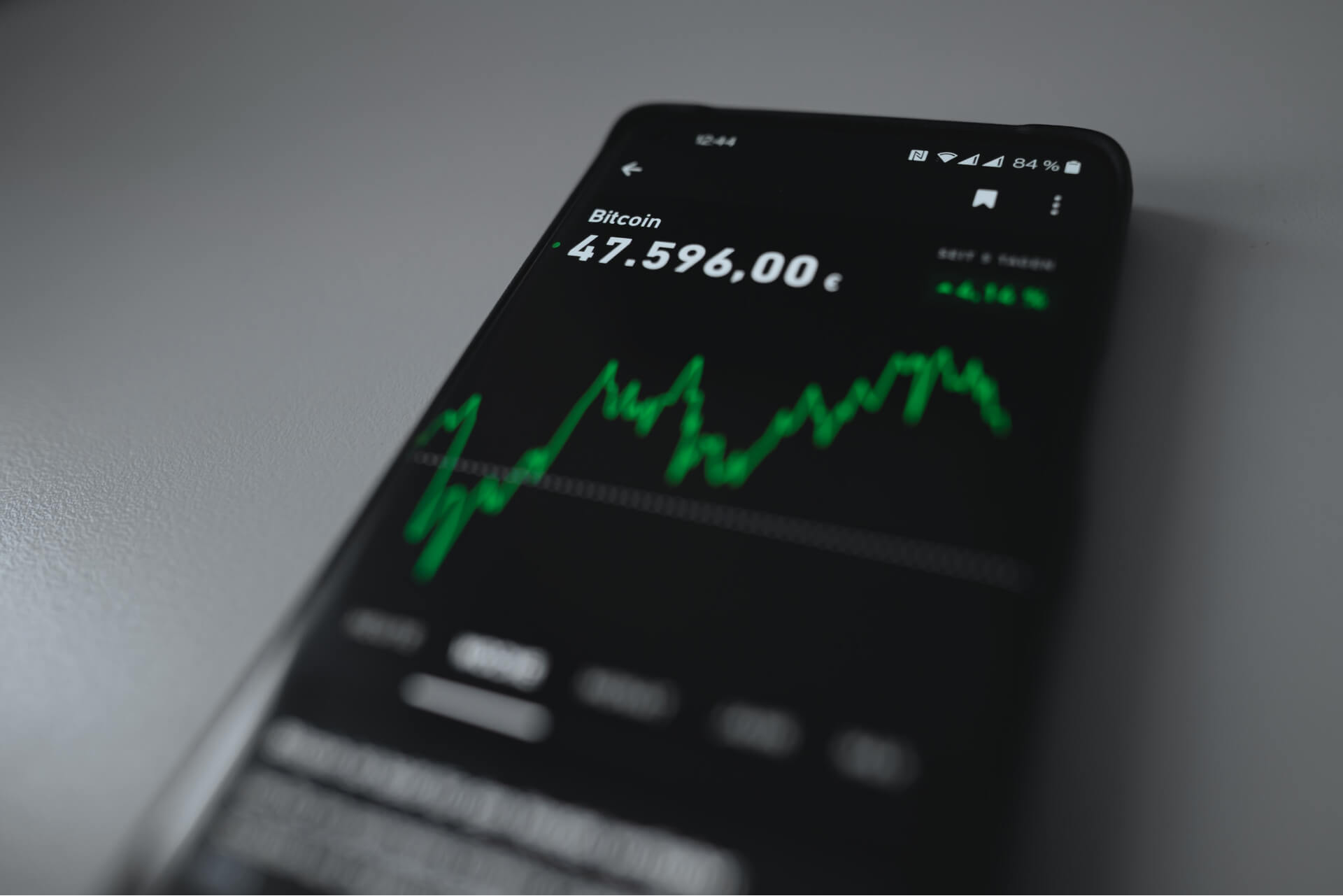
Forex
Forex, also known as foreign exchange, FX or currency trading, is a decentralized global market where all the world’s currencies trade. It is considered as the world’s most liquid asset market which you can trade in with an average daily trading volume exceeding $5 trillion. All forex trades involve two currencies as a pair because you’re betting on the value of a currency against another. Trading foreign exchange you are buying or selling one currency against another and you do not take delivery of the underlying currency. One of the key advantages Forex has over other financial instruments is that relatively small lot sizes can be traded – lot sizes can be as small as 1000 units (one micro lot). Typically, foreign exchange also involves leverage which in some cases can be as high as 1:500. Some of the major currency pairs are; EUR/USD, USD/JPY, GBP/USD & USD/CHF.
- The foreign exchange (also known as forex or FX) market is a global marketplace for exchanging national currencies.
- Currencies trade against each other as exchange rate pairs. For example, EUR/USD is a currency pair for trading the euro against the U.S. dollar.
- Market participants use forex to hedge against international currency and interest rate risk, to speculate on geopolitical events, and to diversify portfolios, among other reasons.
- Because of the worldwide reach of trade, commerce, and finance, forex markets tend to be the largest and most liquid asset markets in the world.
- Forex markets exist as spot (cash) markets as well as derivatives markets, offering forwards, futures, options, and currency swaps.






